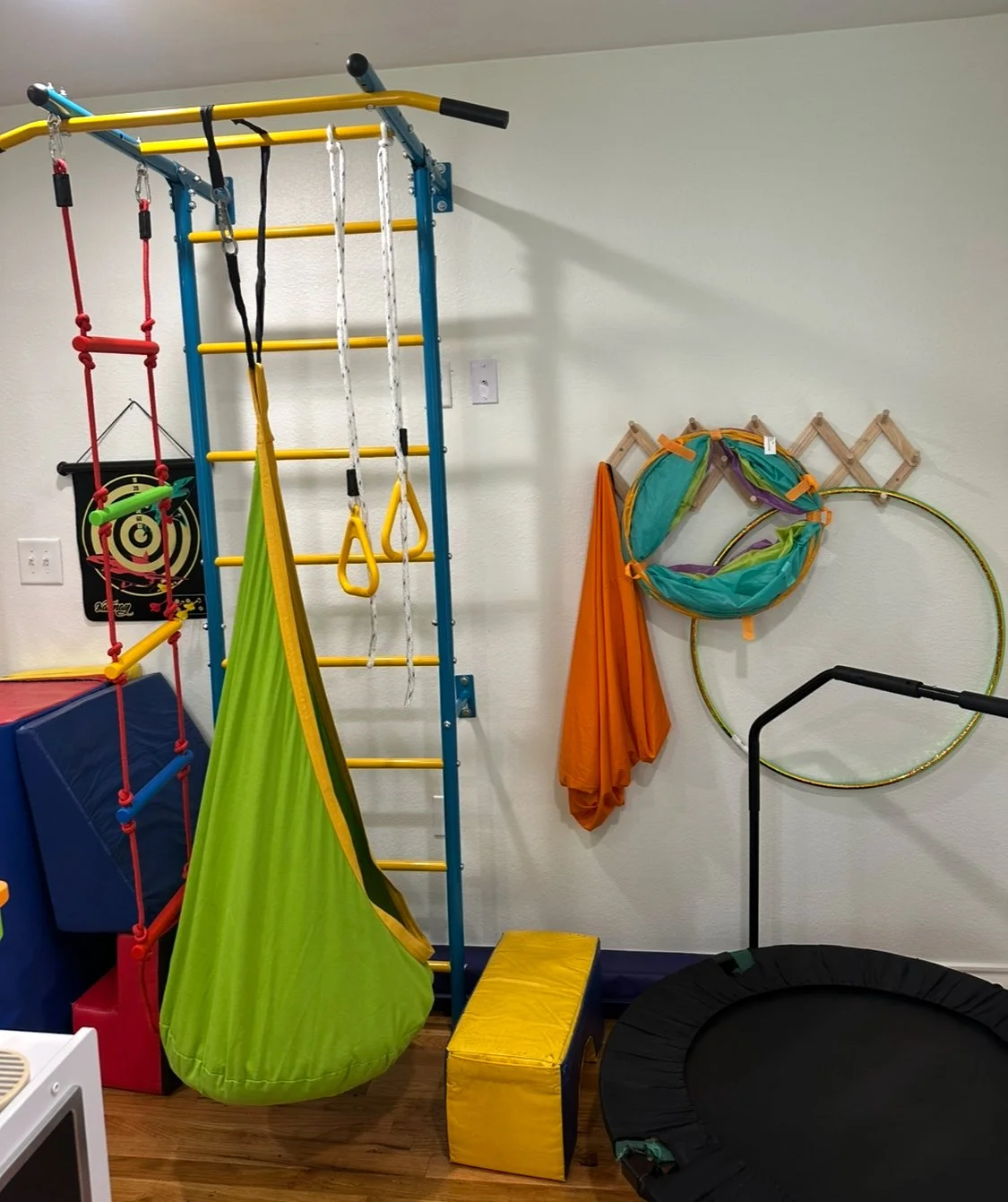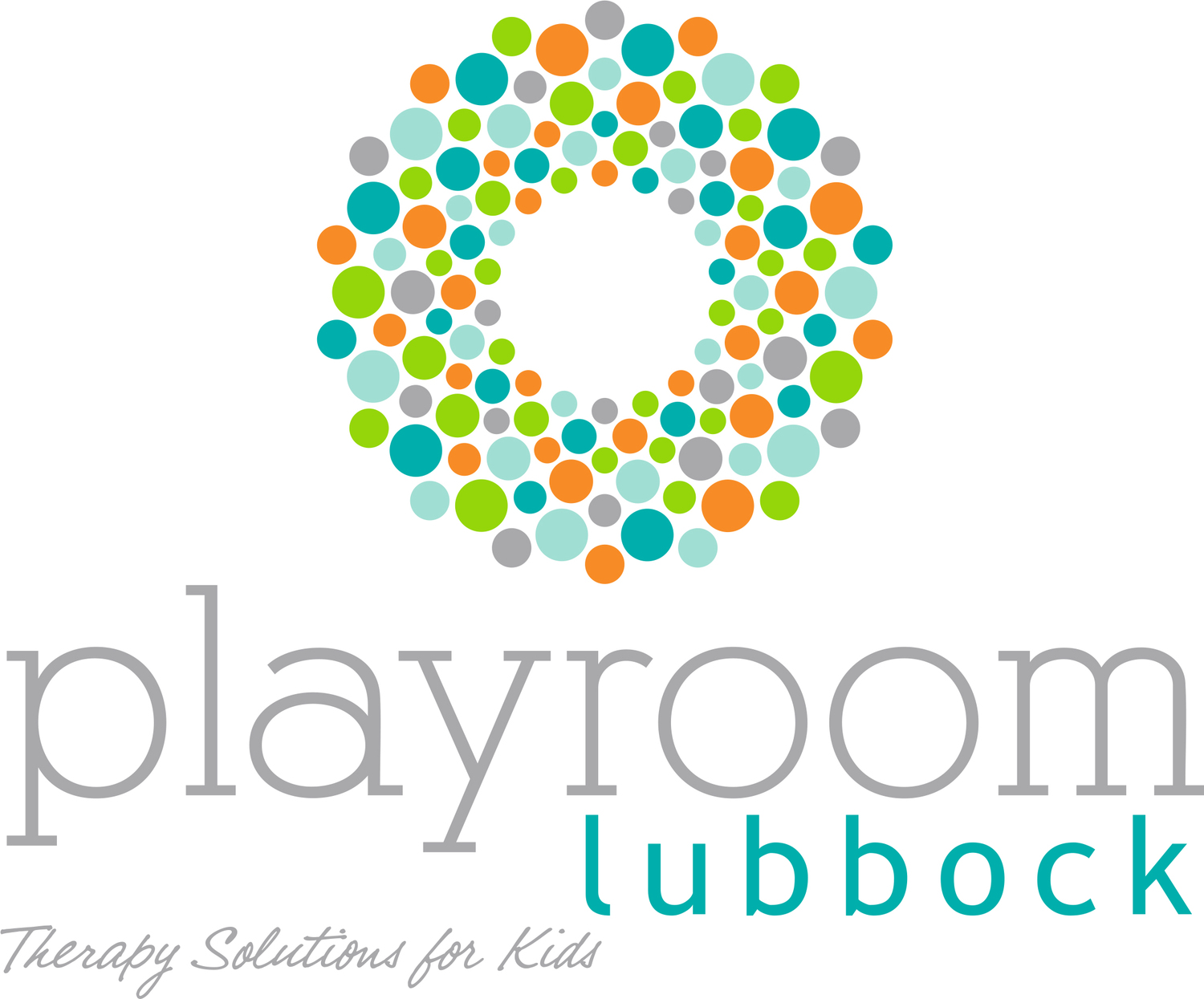DIR-FCD/ Floortime
CONNECTING THROUGH PLAY
DIR® FCD/FLoortime™ is an interdisciplinary, family-centered Model of intervention for children and adults who have differences in relating and communicating, including autism and other developmental differences. It was born of the work of Dr Stanley Greenspan MD and Dr Serena Weider PhD. It is continually being researched and updated by those associated with Profectum and the Interdisciplinary Council on Developmental and Learning Disorders (ICDL).
DIR® stands for Developmental, Individual Differences, Relationship-Based:
Developmental – Each child is assessed according to what stage they are at on Greenspan’s Nine Developmental Levels. These are the capacities a child must master for healthy emotional and intellectual growth. The stages are,
The ability to be calm and interested in their surroundings.
The ability to engage with others and form bonds.
The ability to initiate and respond in two way purposeful communication.
The capacity for complex communication and shared problem solving.
The ability to create emotional ideas.
The ability to build bridges between ideas e.g. "I want juice because I'm thirsty".
The ability to make multiple links between ideas, multi-causal thinking, e.g. "I want to go outside because I like running, and it's dry, my friend is there, and....."
The ability to think comparatively e.g. "I like friend A a lot more than friend B because..."
The ability to think reflectively, e.g. "I could be more worried about this test but I'm not because..."
Individual Differences - Each child has their own unique profile which needs to be taken into account and, possibly, treated. Individual differences within the child, or within their environment, will either help, or hinder, the child in achieving their potential. Treatment of specific difficulties will need to be prioritized in accordance to how much they are impacting on the child and family. These differences may be in the following areas,
Motor and perceptual motor function
Sensory modulation
Sensory processing
Auditory processing
Environment and family factors
Health factors
Developmental history
All of those involved with the child need to contribute to understanding all of the child's Individual Differences.
Relationship-Based - The affective interactions between the child and their caregivers are at the core of the Model. Brain chemistry changes when the child is excited, motivated and feeling positive. This improves neurological processing, helping the child to think and learn more effectively.
FCD: Foundational Capacities for Development
Identifying the potential capacities of each person and guiding their development to realize their potential is the most important goal. Development advances when experience captures the child’s affects and interests and activates new learning, gets organized through interactions, and gets integrated into the child’s repertoire of thinking, feeling, and functioning. These experiences build capacities for development through the lifespan.
Developmental problems need developmental solutions.
How Therapy Works
The DIR-FCD FLoortime approach can incorporated into our mental health discipline and approach.
Parents/ caregivers are coached to take into account their child’s developmental stage and 'individual differences' when providing interactions and interventions at home. Kelly will provide coaching to help parents/ carers tailor their interaction and enable their child to engage, communicate and play in more sustained and complex ways.
One outcome of the approach is a richer relationship between the parent/ caregiver and child. The Floortime™ sessions that evolve should be fun, interesting and rewarding for all involved!
Alongside this the child may need a range of therapies to support their progress.
Kelly Martin holds a Profectum Level 1 Certificate in the Developmental, Individual Difference, Relationship-Based Model/Clinician.


